Organics - An Industry of Growth
The 2019 Australian Organic Market Report reveals the nation’s organic industry is worth $2.6 Billion (AUD) and that awareness surrounding organics is at an all-time high with certified organic vegetables accounting for the highest share of retail sales at $894 Million (AUD).
KEY FINDINGS
The overall number of households saying they have purchased at least one organic product in 2018 lifted to 65% from the previous year.
More than half of organic buyers (55%) say that they look for a certification logo on the label to check if a product is organic.
Over 90% of purchasers say that they shop for organics in supermarkets at some time.
The benefits of products being chemical-free (80%), environmentally friendly (71%) and additive-free (65%)are viewed as the biggest advantages of organic food.
Just under half of organic shoppers say they purchased organic due to increased awareness of the impact of food and cosmetics on their personal health.
Over 7 in 10 shoppers use Google to search for information about organics.
Australian demand for certified organic products is skyrocketing with $1.93 billion generated in domestic sales for 2018 across a wide range of products. The figure is up $256 million from domestic sales of $1.67 billion for 2017 with the total Australian organic industry now worth $2.6 billion and growing year on year.
Given such demand, Australians are now wanting greater clarity and information when it comes to choosing authentically organic products. Some 55% of Australian organic buyers now say they look for a certification logo on labels to check if a product is actually organic according to new research released by Australian Organic, the organic industry’s leading body.
The annual Australian Organic Market Report 2019, which covers the 2018 calendar year, also found 65% of Australian households are now buying some sort of organic product or produce yearly – an annual rise of five per cent. Vegetables, beef, non-alcoholic beverages, fruit, ready to eat foods, nuts and cosmetics/ health products are the most in demand organic items.
The report contains consumer insights from 1,025 Australians, who were the primary food shopper in their household compiled by market research group Mobium Group, plus industry insights conducted by the University of New England.
Increased awareness regarding chemicals and the environment were identified as major purchase drivers, with consumers saying when it comes to organic food the perceived main benefits upon buying are that they are chemical-free (80%), environmentally friendly (71% – up from 65% since 2016) and additive-free (65%).
Those who do buy organic, are also doing so with more regularity and in more categories. Nearly half of current organic purchasers say that they have increased the allocation of their household food spending on organics over the past year.
Australian Organic General Manager Niki Ford said the increase in domestic sales is reflective of the high recognition factor of the industry’s distinctive bud logo on products. Now recognized by more than 50% of consumers, the Bud logo provides consumers with the surety they can trust the product is truly organic, which is something the industry has worked hard to convey to consumers.
“Unfortunately, there’s been a raft of non-certified products in the market purporting to be organic when they’re not,” she said. “Given this, the amount of people checking for a certification logo on the label to check if a product is organic is now significantly higher compared to the recognition factor of just 34% in 2012. More than six in ten shoppers agree that an organic certification mark would increase their trust in organic products, with over a quarter (29%) saying that an organic certification mark would have a strong level of influence over their organic purchase decisions.”
Ford said it was apparent the rapidly growing domestic market needs to be regulated, given that the Australian export market already has regulations in place. “It’s important that Australian consumers can trust that their dollars are being spent on products that have been rigorously tested to ensure they meet the industry standards and not fooled by clever marketing or simply a brand name containing the word ‘organic’. Australian Organic has an ongoing dialogue with the industry regulator on this topic and is currently petitioning for a stronger approach to domestic regulation.”
At GROWTunnels we are active in helping our customers gain organic certification and fill gaps in the booming certified organic market.

